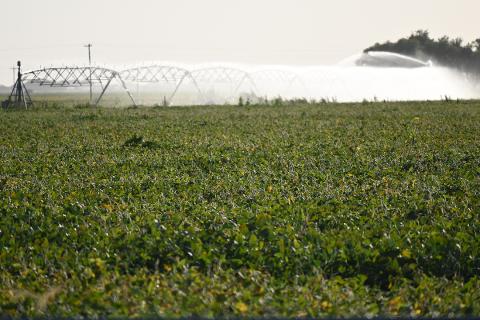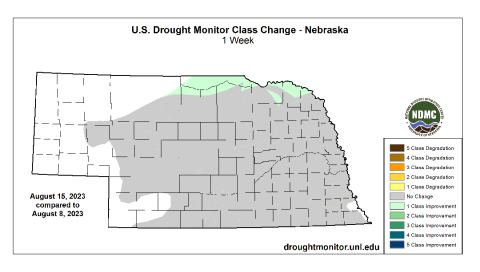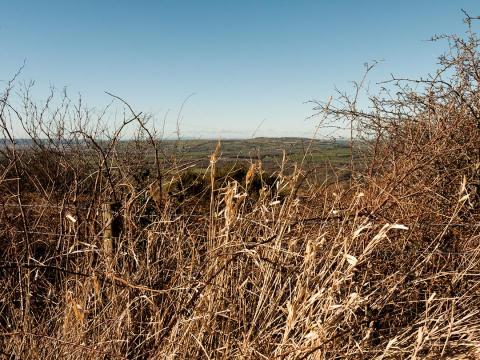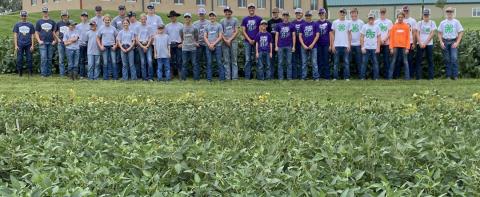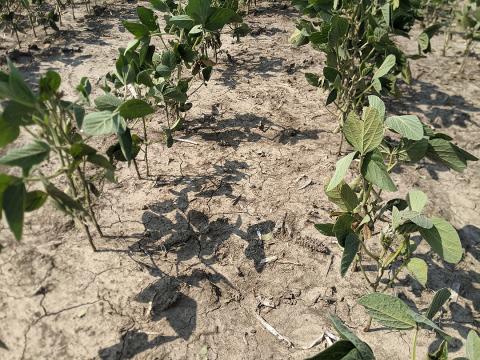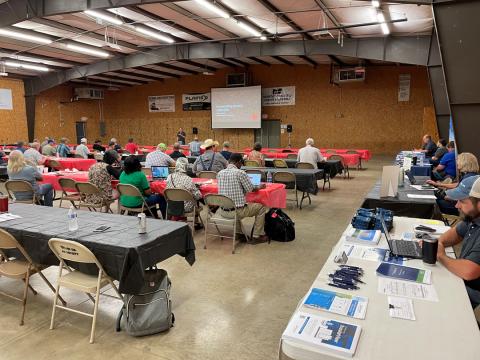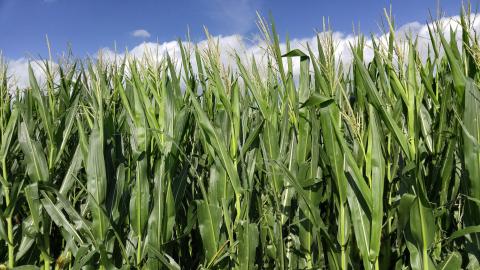Optimize Those Last Few Irrigations
August 17, 2023
Leaving the field a little drier at the end of the season can help producers save irrigation costs, decrease leaching losses, improve soil conditions for harvest traffic, save water for future years and capture more off-season precipitation.
Weekly Weather Update: Aug. 17, 2023
August 17, 2023
Despite significant improvements in drought conditions, much of Nebraska is still lacking deep soil moisture. August precipitation will be critical for the soybean crop, as most areas don't have the capacity to get into September without it.
Pasture and Forage Minute: Managing Drought-stressed Brome, Alfalfa Seeding
August 17, 2023
Insights on managing drought-stressed brome pastures this fall, planting windows and weed control for fall-seeded alfalfa, and registration information about upcoming field days.
Nebraska Youth Crop Scouting Competition Results
August 17, 2023
Following their third place victory in 2022, the Colfax County 4-H #2 team claimed first place honors in this year's competition, securing the opportunity to compete at regionals in September.
Soybeans for Forage
August 17, 2023
Brown soybean plants that were evaluated by crop insurance at 2-4 bu/ac can be grazed if a grower doesn’t wish to harvest them. They’re just low quality.
2023 Southeast Nebraska Alfalfa and Wheat Expo Set for Aug. 24
August 17, 2023
This year's expo will feature seminars and research updates on the UNL wheat breeding program, wheat fungicide seed treatments, alfalfa variety selection, alfalfa aphids and weevils, and more.
Is That Corn Crop Worth More as Silage or Grain?
August 16, 2023
When evaluating whether to harvest a field for silage or grain, there are several factors to consider. Both methods of harvest have advantages and disadvantages depending upon an operation’s goals and objectives.
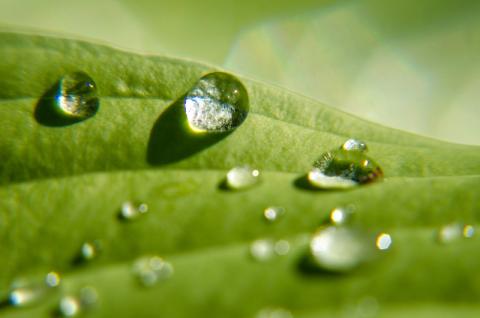
The crop water use report is updated weekly. Visit PHREC AgLab for more information.
Estimated Crop Water Use for Aug. 14-20
August 14, 2023
Nebraska Extension Educator Gary Stone shares an update on potential crop water use as temperatures are expected to rise into the upper 90s-low 100s this week.


